Toxicity Levels in Succulents: What Every Pet Owner Should Know
Succulents are those cute and trendy plants we often see inside our homes. Did you know that some of them can actually be harmful to our furry friends? But don’t worry, it’s not all doom and gloom! While there are some succulents that can make our pets sick if they nibble on them, most of them won’t cause any serious harm.
That’s why it’s super important to know which ones are safe and which ones to keep away from our curious pals. By learning about these different succulents, you’ll be able to protect your pet and potentially save their life. Let’s dive in and explore the fascinating world of pet-friendly succulents!
Contents
Are Succulents Poisonous to Dogs and Cats?
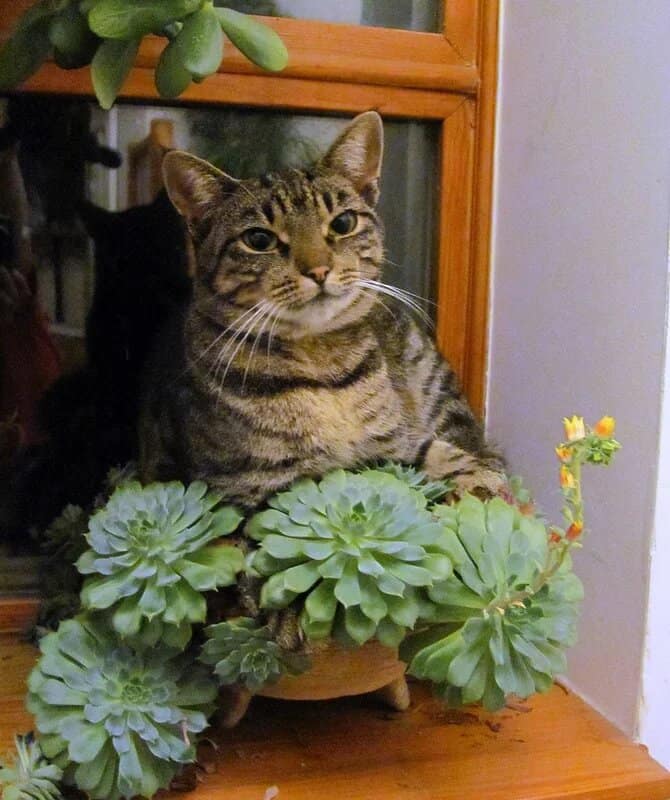
When it comes to succulents, it’s important to know which ones can be dangerous for our furry friends and which ones are safe. But the thing is, it’s not so black and white. There are many different types of succulents, and their toxicity levels vary. Let’s take a quick look at some of the most well-known succulents:
- Thick-leaf plants (Crassulaceae): These include jade plants, stonecrops, and Kalanchoe. They are generally safe for pets, but some may cause minor sickness if eaten in large amounts.
- Midday flowers (Aizoaceae): These include living stones. They can be slightly poisonous if eaten in large quantities.
- Amaryllis (Amaryllidaceae): Plants like the knight’s star are highly poisonous to pets, so it’s best to keep them away.
- Spurge family (Euphorbia): The Christmas Star plant belongs to this family and is poisonous to very poisonous, so it’s important to avoid it.
- Araceae: Lucky Feather is an example of this family, and it is poisonous to highly poisonous.
Now, here’s something interesting to note. All cacti are considered pet-safe succulents. However, be careful of their long, pointed thorns, as they can cause skin injuries that could lead to infections if not treated properly.
Which Succulents are Pet-Safe?
No worries, there are plenty of succulents that are safe for your furry pals. While they may not be toxic, it’s still not a good idea to let your pet eat them. Here are a few examples of pet-safe succulents:
- Sempervivum: Also known as Mexican hens and chicks, these are safe for cats, dogs, and even reptiles like bearded dragons.
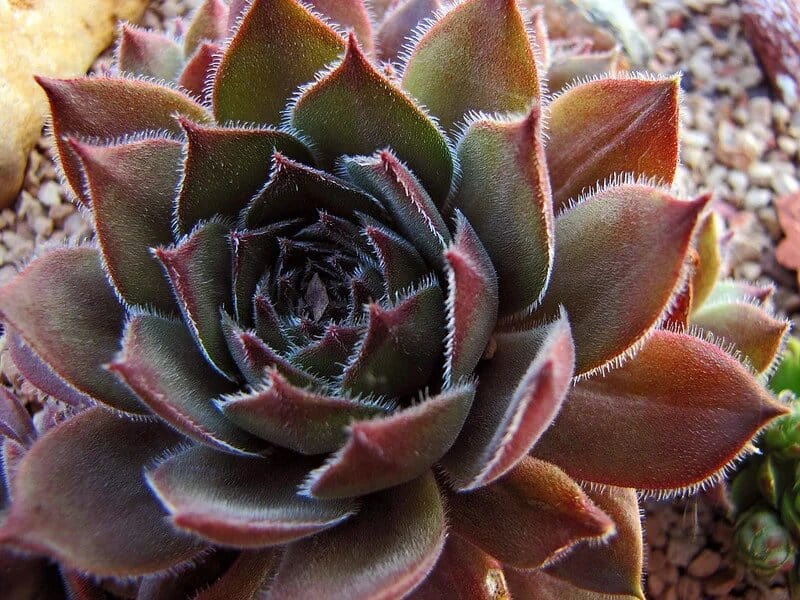
- Sedum burrito: This succulent, also called Burro’s Tail or Donkey’s Tail, won’t harm your pets.
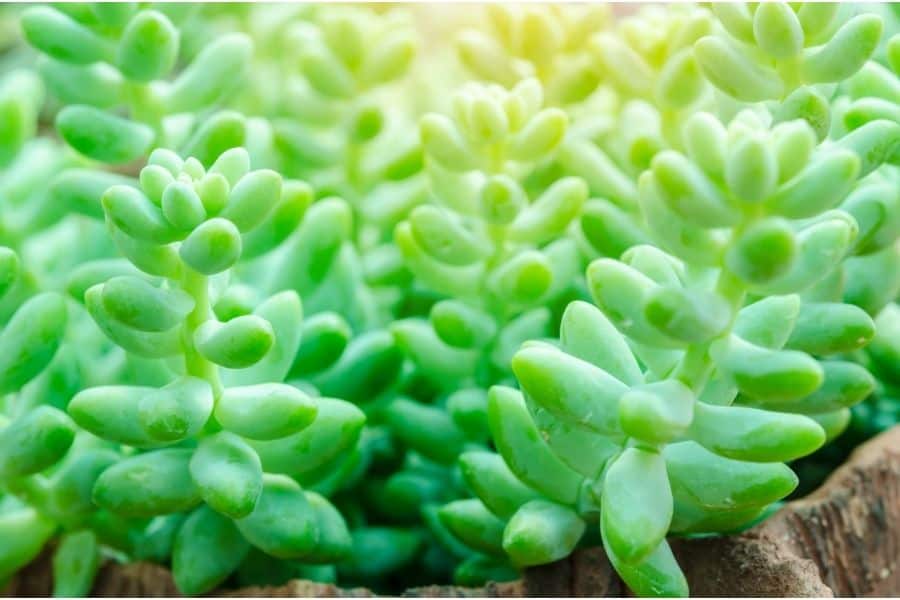
- Zebra Plant: It’s not just safe for pets but can also be used in reptile terrariums.
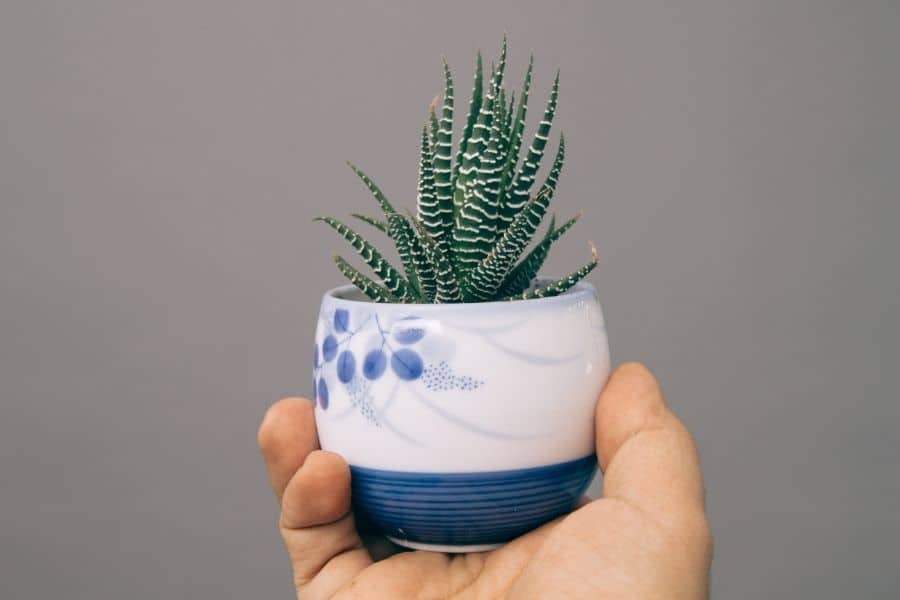
- Christmas Cactus: This succulent won’t pose any harm to your furry friends.
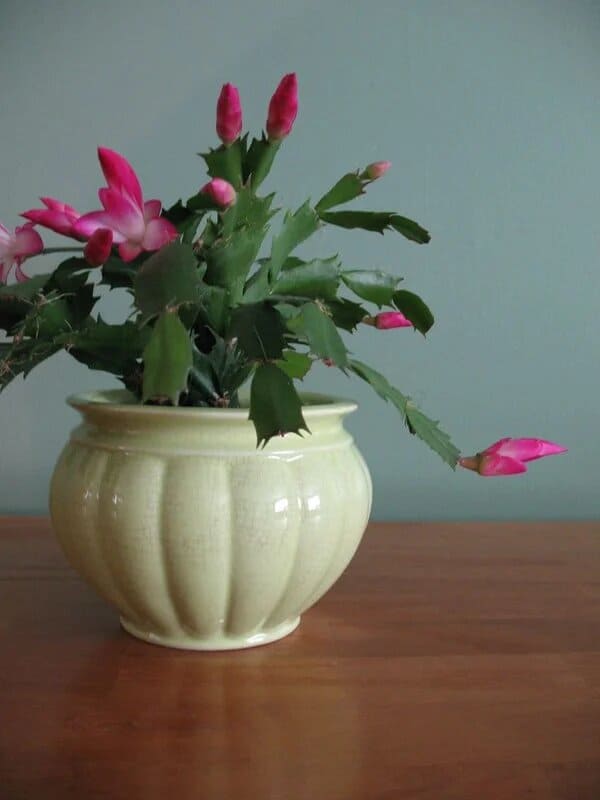
- Echeveria: This non-poisonous succulent is also safe for pets.
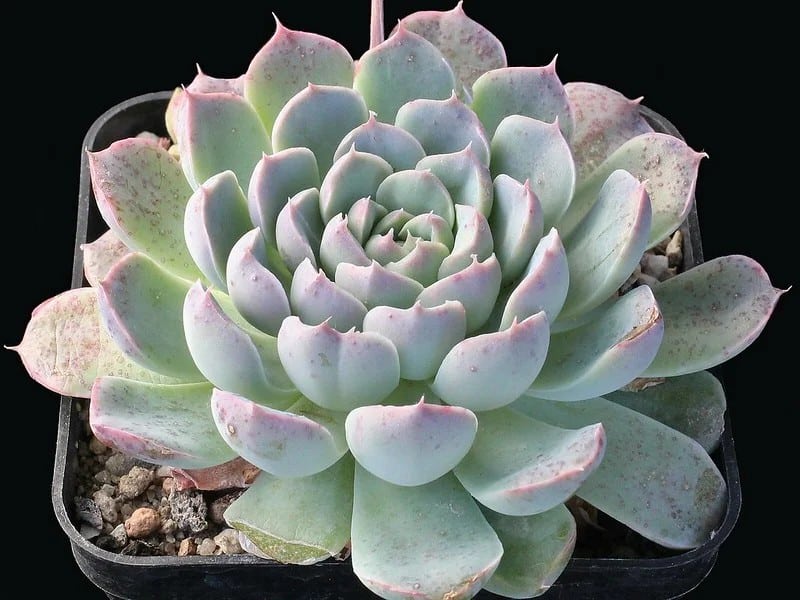
Which Succulents are Poisonous to Cats and Dogs?
Unfortunately, there are some succulents that can be toxic to our four-legged friends. Here are a few examples:
- Jade Plant: Also known as the lucky plant or money plant, it’s highly poisonous to dogs. If eaten, it can cause symptoms like lethargy, vomiting, coordination issues, and a slower heart rate.
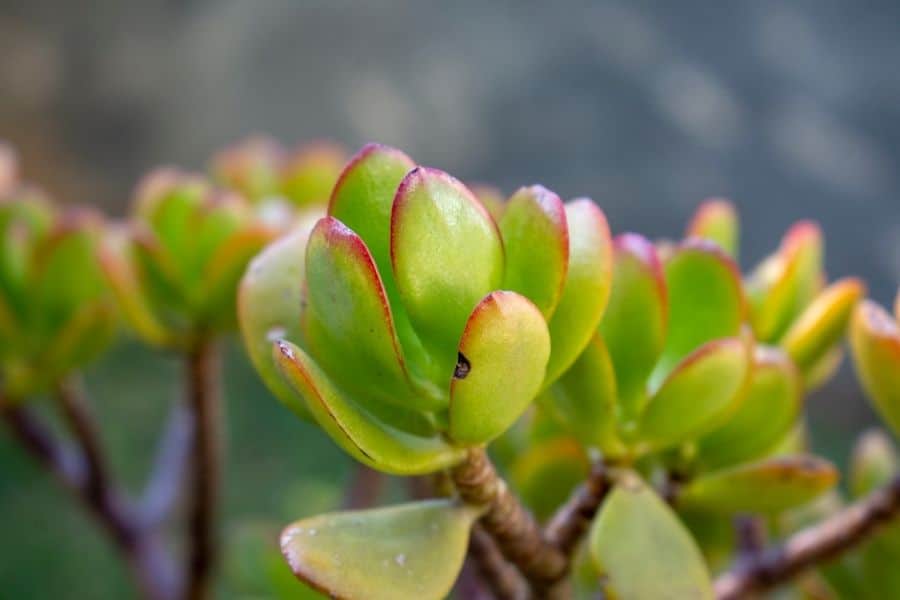
- Silver Dollar Plant: This succulent, also known as Chinese Jade or Silver Jade Plant, can cause nausea, vomiting, and, although rare, tremors if ingested.
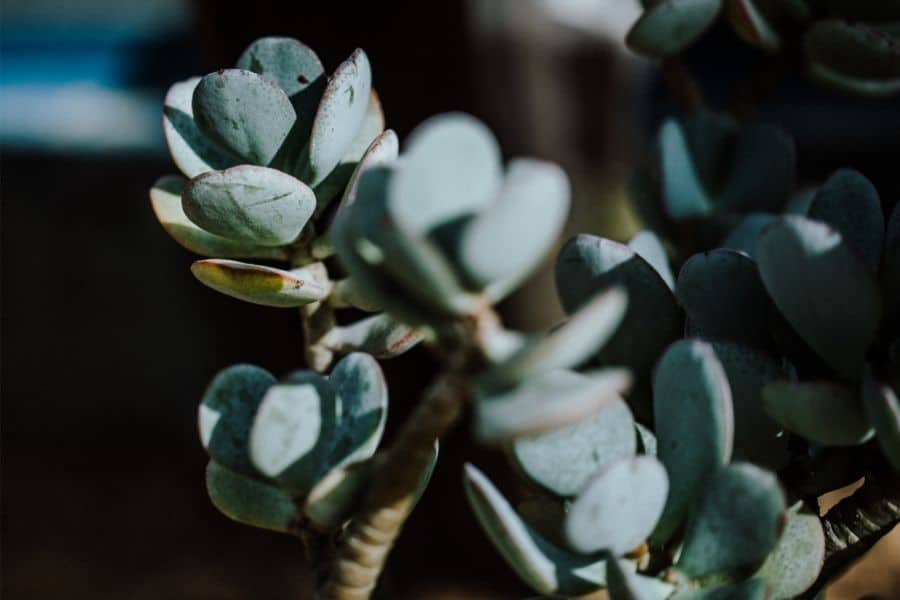
- Aloe vera: While this plant is known for its medicinal properties, it’s poisonous to both cats and dogs if ingested. Symptoms may include tremors, vomiting, lethargy, diarrhea, loss of appetite, and changes in urine color. Aloe vera does however make a great ingredient for external pet products like shampoos or paw balms.
- Snake Plant: Ingesting this plant, which contains a substance called saponins, can lead to mild toxicity with symptoms like vomiting, nausea, and diarrhea.
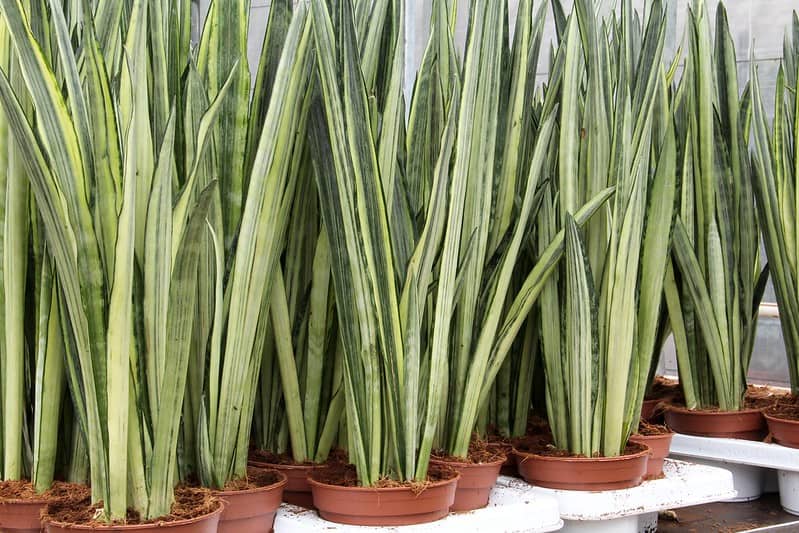
- Kalanchoe: This plant family includes species like Chandelier Plant, Mother of Millions, and Panda Plant. They contain cardiac glycosides, which can cause increased salivation, lethargy, abdominal pain, vomiting, and diarrhea. In large amounts, Kalanchoe can be a dangerous poison, leading to an increased heart rate, irregular heartbeats, breathing difficulty, severe lethargy, and collapse. It has even caused sudden death in livestock.
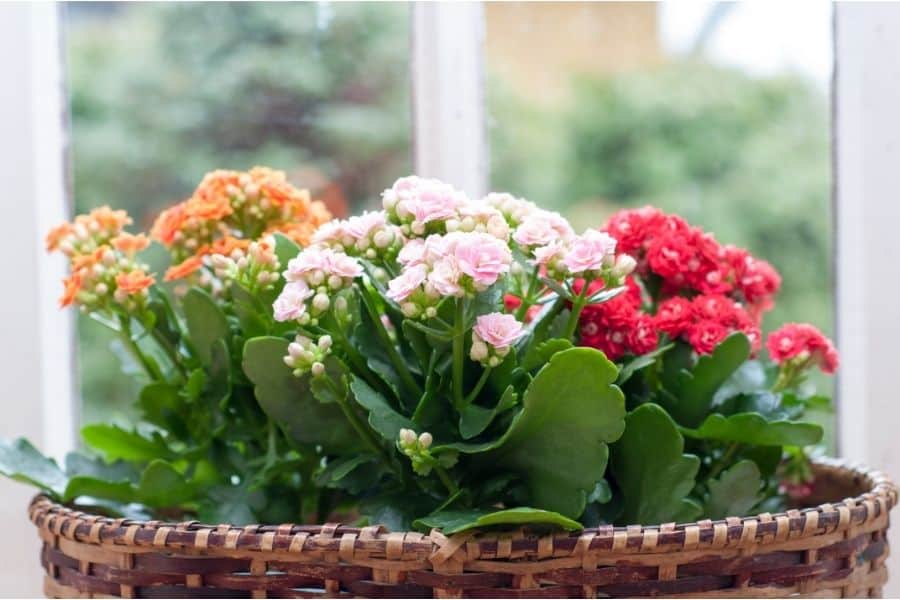
- Pencil cactus: This succulent, also known as Pencil Tree or Firestick Cactus, produces a white sap that can cause skin rashes in both dogs and humans. If ingested, it can lead to inflammation in the mouth and stomach, resulting in vomiting and nausea.
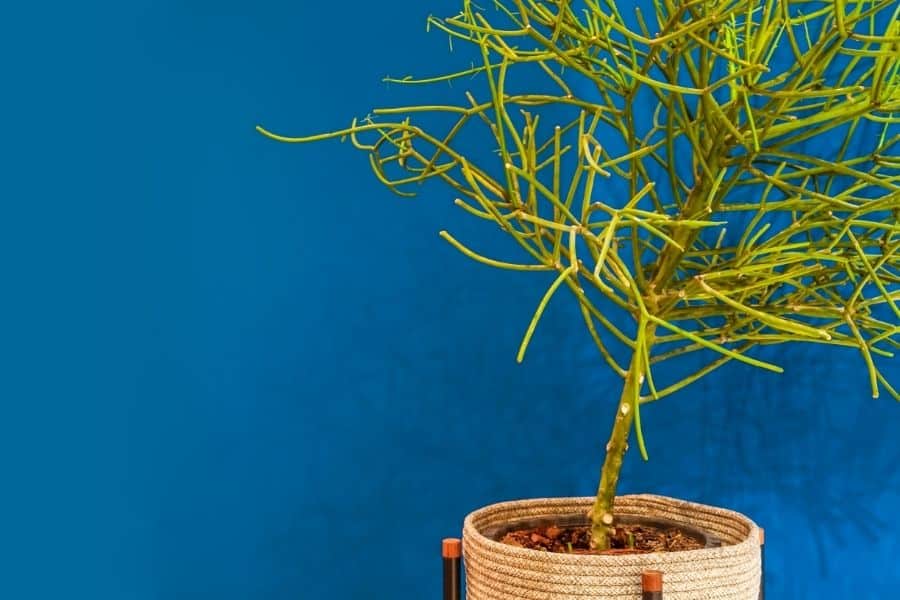
- Crown of thorns: Another succulent from the Euphorbia family, the Crown of Thorns has an unpleasant taste and numerous thorns, making it unappetizing for pets. However, the sap from this plant can cause skin rashes, so it’s best to keep it away from your furry friends.
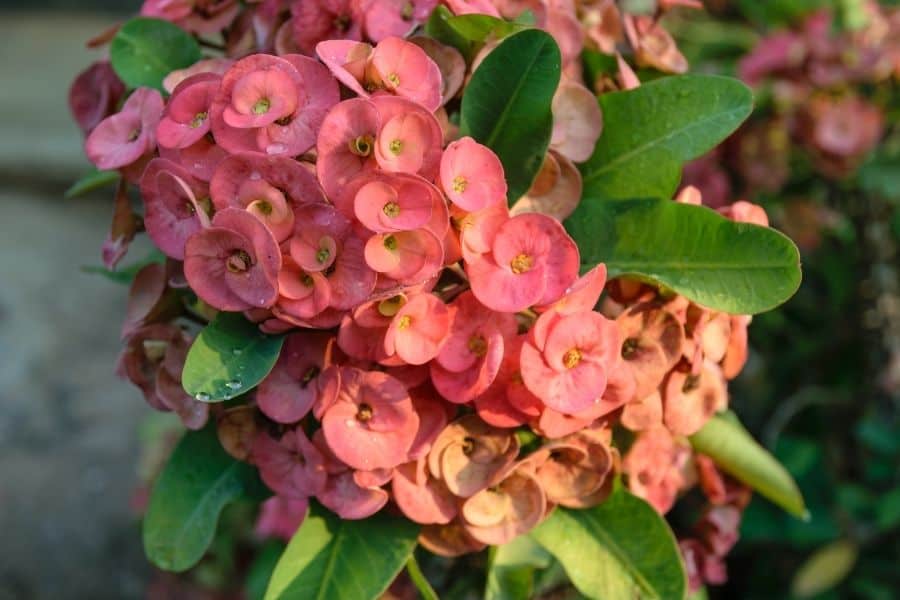
- String of Pearls: Also known as String of Beads, this creeping vine succulent can cause drooling, upset stomach, lethargy, diarrhea, and vomiting if ingested by cats or dogs.
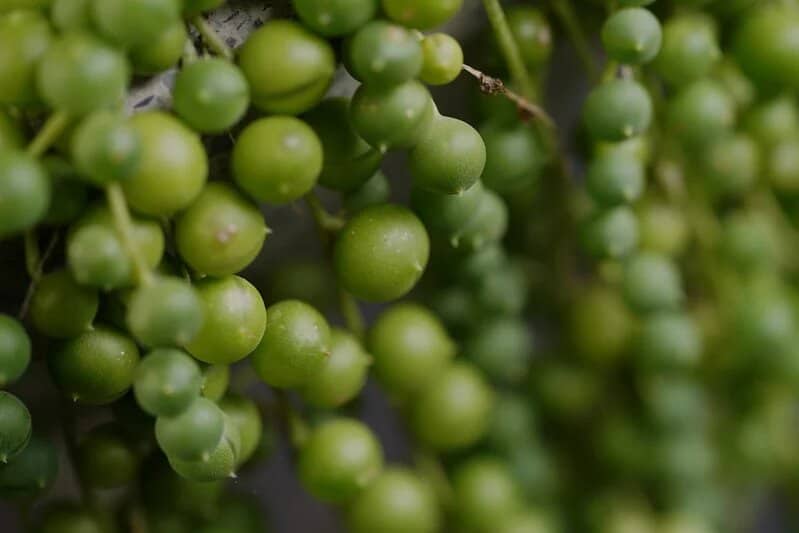
Are Succulents Poisonous to Birds?
Yes, some succulents can be poisonous or potentially toxic to birds. These include Aloe vera, Christmas Cactus, Crown of Thorns, Euphorbia, Pencil Cactus, String of Pearls, and Yucca. If you have a pet bird, make sure to keep these plants out of their reach.
Succulent Safe for Reptiles
If you have a reptile like a bearded dragon, creating a natural oasis with a terrarium is a great idea. But when choosing plants for the terrarium, there are a few things to consider. Succulents are found all over the world, but some plant families are native to specific regions. For example, cacti are mostly found in America, while aloes and delospermas are mainly found in Africa. So if you want to create an authentic habitat, it’s important to choose plants native to your reptile’s region.
Not all succulents are safe for reptiles. Some may even be poisonous or contain toxins that protect them from being eaten. It’s best to stay away from plants like euphorbias, which have conflicting opinions about their toxicity to reptiles. It’s always better to err on the side of caution.
Avoid using plants from construction or supermarkets for your reptile’s terrarium, as they are often treated with insecticides and herbicides that can have harmful side effects.
By being mindful of the succulents you choose, you can create a safe and happy environment for your reptile friend.
What to Do if Your Pet Ingests a Succulent
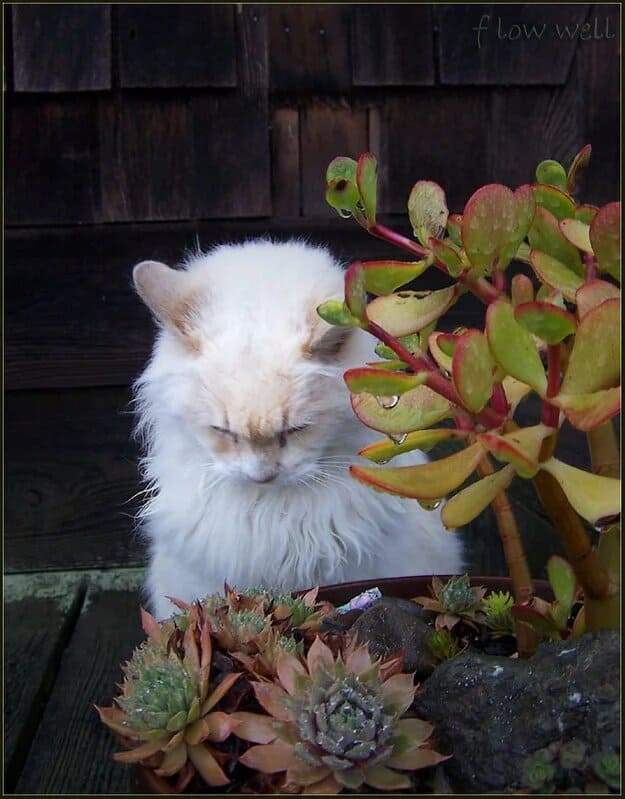
If your pet accidentally eats a succulent, it’s important to take action quickly. Since there are many types of succulents, the first thing you should do is try to identify the specific succulent your pet ingested. Once you know the plant, you should immediately call Animal Poison Control for guidance and assistance.
It’s also a good idea to reach out to your local veterinarian for advice. However, if your vet is not familiar with toxic succulents, they may recommend contacting an antivenom center for further guidance. When you contact animal poison control, they will provide you with a case number that allows your vet to consult with a toxicologist at no additional cost. This collaboration ensures that your pet receives the best possible care.
Keep your Pets Happy and Safe
If you have succulents in your home, it’s essential to keep them out of your pets’ reach. By placing toxic succulents in high or inaccessible areas, you reduce the risk of your pets coming into contact with them. However, accidents can happen, so if your pet does munch on a succulent, don’t hesitate to call animal poison control to determine if any treatment is necessary.
To protect your pets further, you could consider enhancing their training. Effective training sessions can teach them to steer clear of dangerous plants, combining safety with obedience for their well-being.
Lastly, it’s crucial to avoid using plants from construction sites or supermarkets. These plants are often treated with strong insecticides and herbicides that can have harmful effects on both animals and humans. There have been numerous reports highlighting the negative impacts of herbicides like Roundup on health, including the development of various types of cancer and other illnesses. Protect your pets and yourself by opting for safer plant options.
Read also:
10 Unexpected Benefits of Succulents That Will Blow Your Mind
